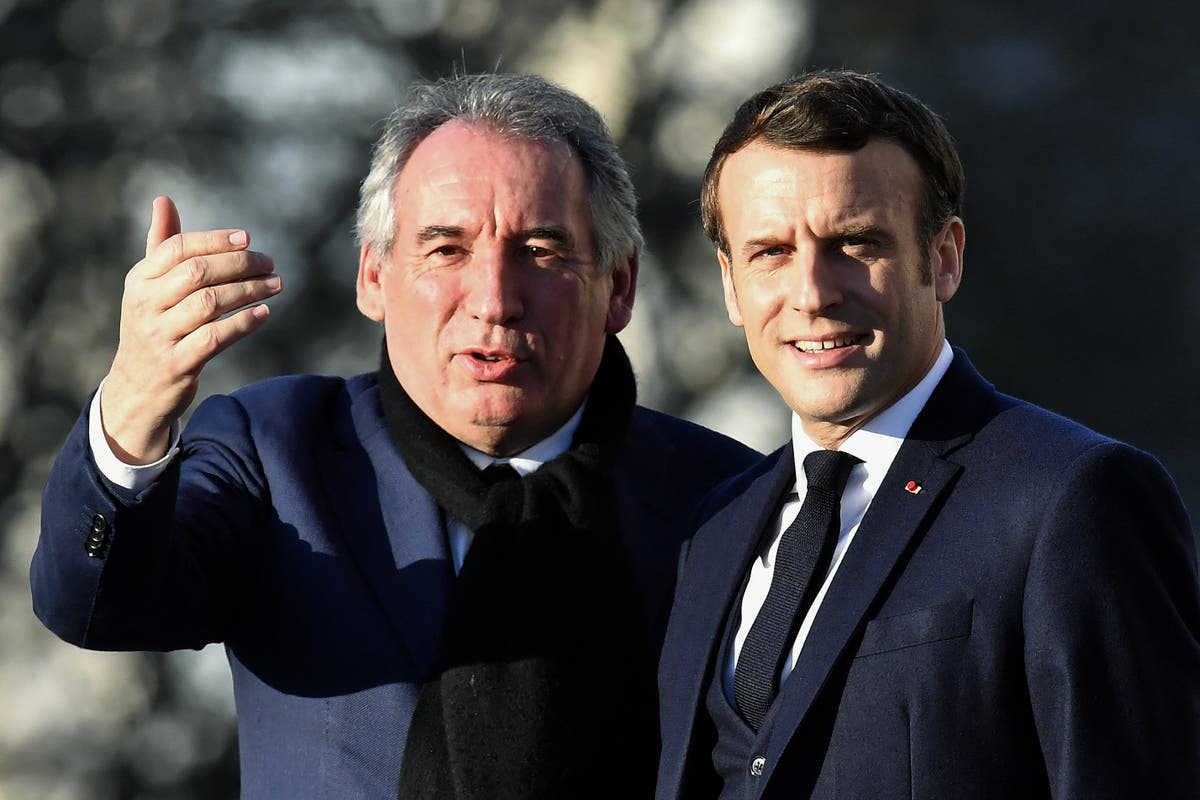In appointing Francois Bayrou as prime minister, Emmanuel Macron has turned to a fellow centrist, close ally and a politician with decades of experience, to try and steer France away from crisis.
The 73-year-old’s lengthy political experience was seen as crucial in efforts to restore stability, as no single party holds a majority in parliament. Instead we have three warring factions: a left-wing allinace, the far-right National Rally party of Marine Le Pen and Mr Macron’s own centrist bloc.
Mr Bayrou founded the Democratic Movement party, known as the MoDems, which has been a part of Mr Macron’s ruling alliance since 2017.
His early political career was marked by his involvement in post-war Christian-democratic movements, as well as centrist movements within the Union for French Democracy.
Since then, his career includes stints serving as education minister, justice minister and as an MP. He also has an active history in European politics, serving as a member of the European Parliament from 1999 to 2002 and presiding over the European Democratic Party since 2004.
He has been mayor of the southwestern town of Pau since 2014.
A Catholic with six children, and a former classical languages teacher, Mr Bayrou is a strong believer in decentralisation and speaks the local Bearnese language. He ran for president in 2002, 2007 and 2012.
Despite three presidential election attempts, Mr Bayrou stood aside in 2017 to rally behind president Macron. His support is believed to have played a key role in Mr Macron’s stunning election win.
Very briefly in 2017 he was Mr Macron’s justice minister, but stepped down after being accused in a party funding scandal. He was eventually cleared of wrongdoing,
Known as an outspoken advocate for political reform, job creation, balanced budgets and a stronger European Union, the centrist has respectful, but not necessarily warm, relations with both the left and right in France.
He has recently pushed for policies on the left of president Macron, who himself has shifted to the right on key areas like security, while his views on the need to bring down debt help his relations with the right. In the past, he backed socialist Francois Hollande in 2012.
As well as a hung parliament, Mr Bayrou’s ties with the unpopular president may pose a challenge. The scale of the challenge facing the veteran centrist was immediately clear as the Socialist Party refused to join his coalition government.
The Socialists, who Mr Macron courted during his prime ministerial search, accused the president of ignoring their demands for a leftist leader in favour of a “risky” Macronista.
“We will thus not enter the government and remain in the opposition,” said Boris Vallaud, the leader of the Socialists’ parliamentary bloc.
Mr Bayrou will prioritise passing a special law to roll over the 2024 budget, with a nastier battle over the 2025 legislation looming early next year.
Parliamentary pushback over the 2025 bill led to the downfall of former prime minister Michel Barnier’s government, who was ousted after three months following a no-confidence vote.
“It is a long road, everyone knows that,” Mr Bayrou told reporters. “I am not the first to take a long road.”


